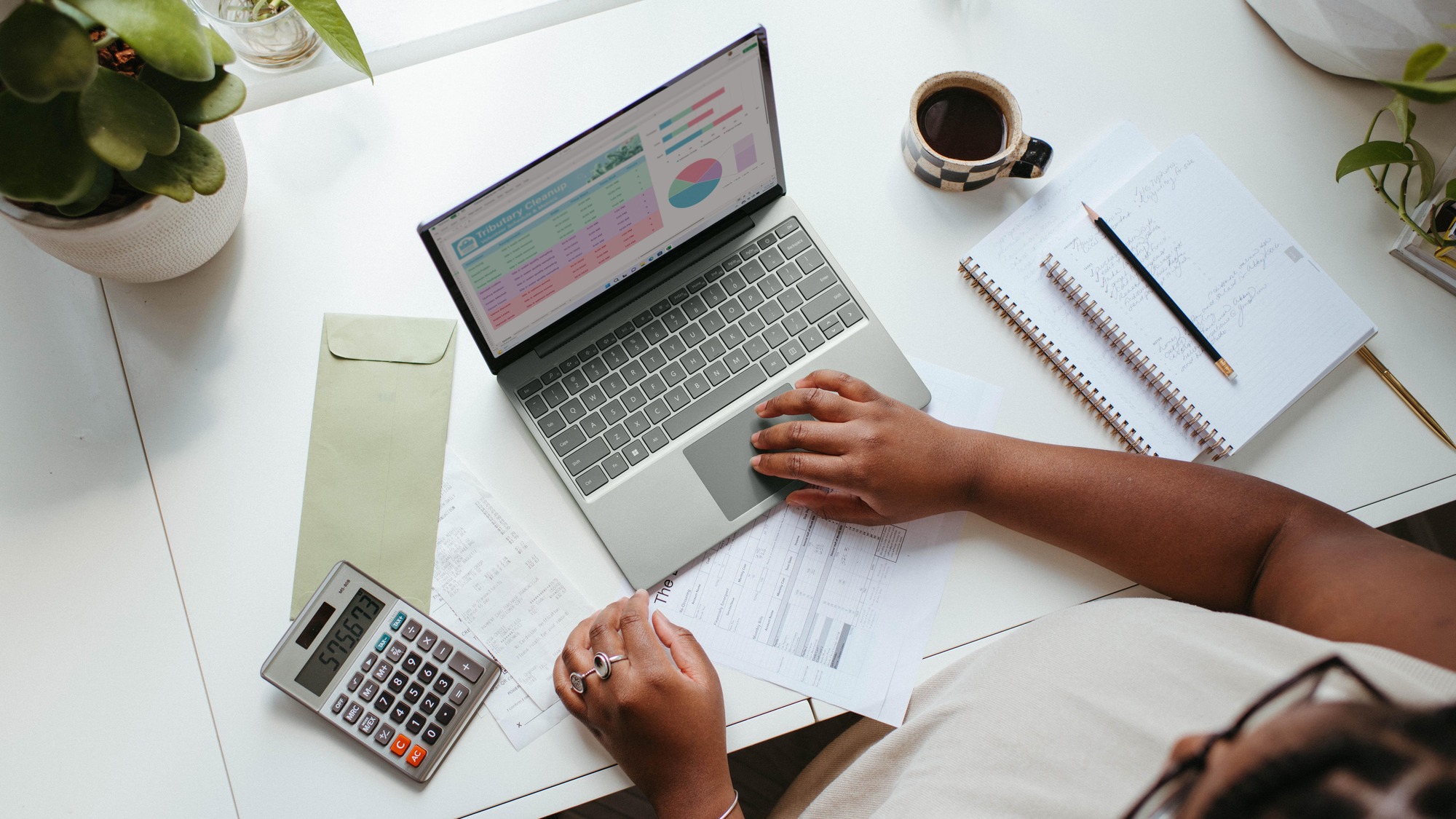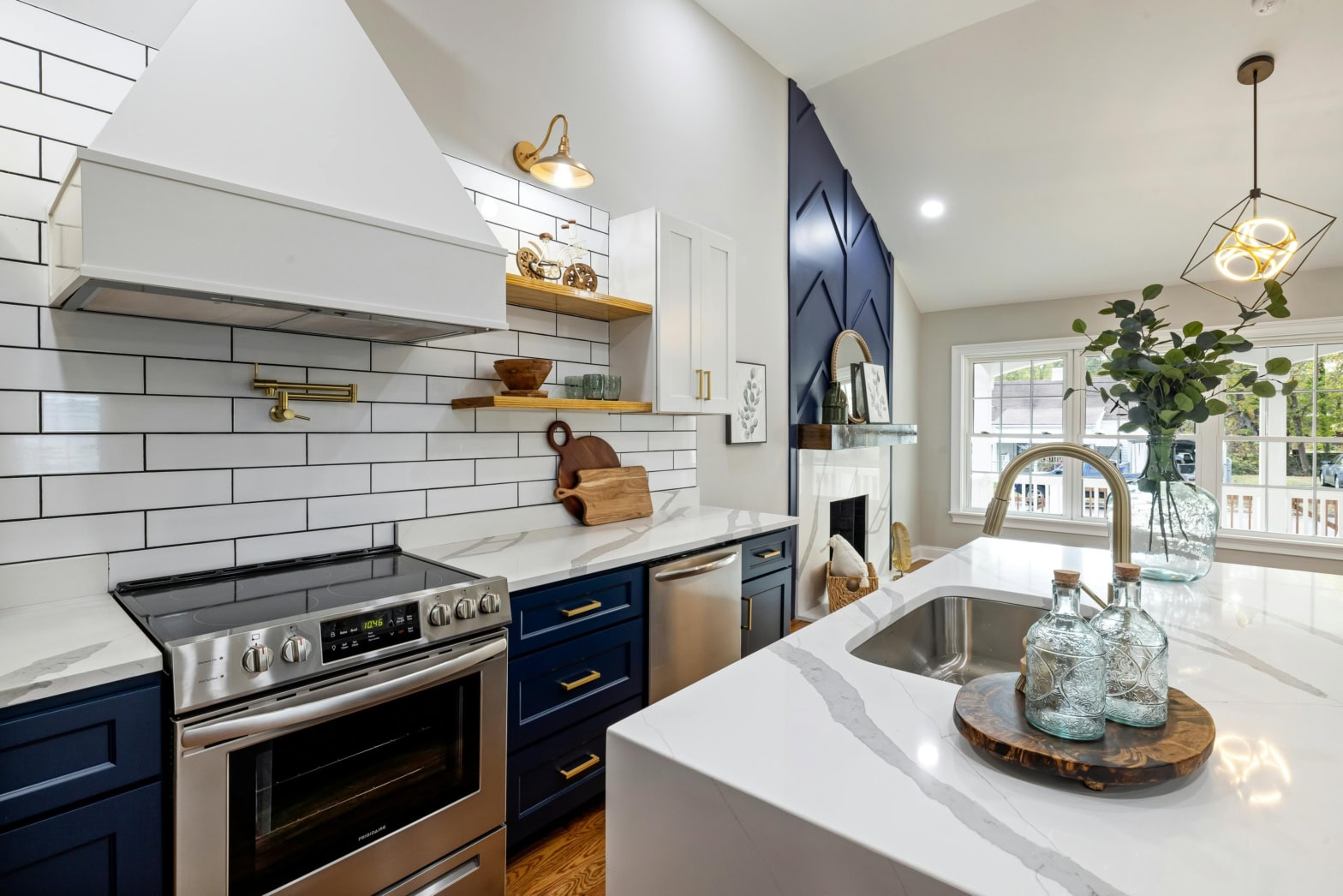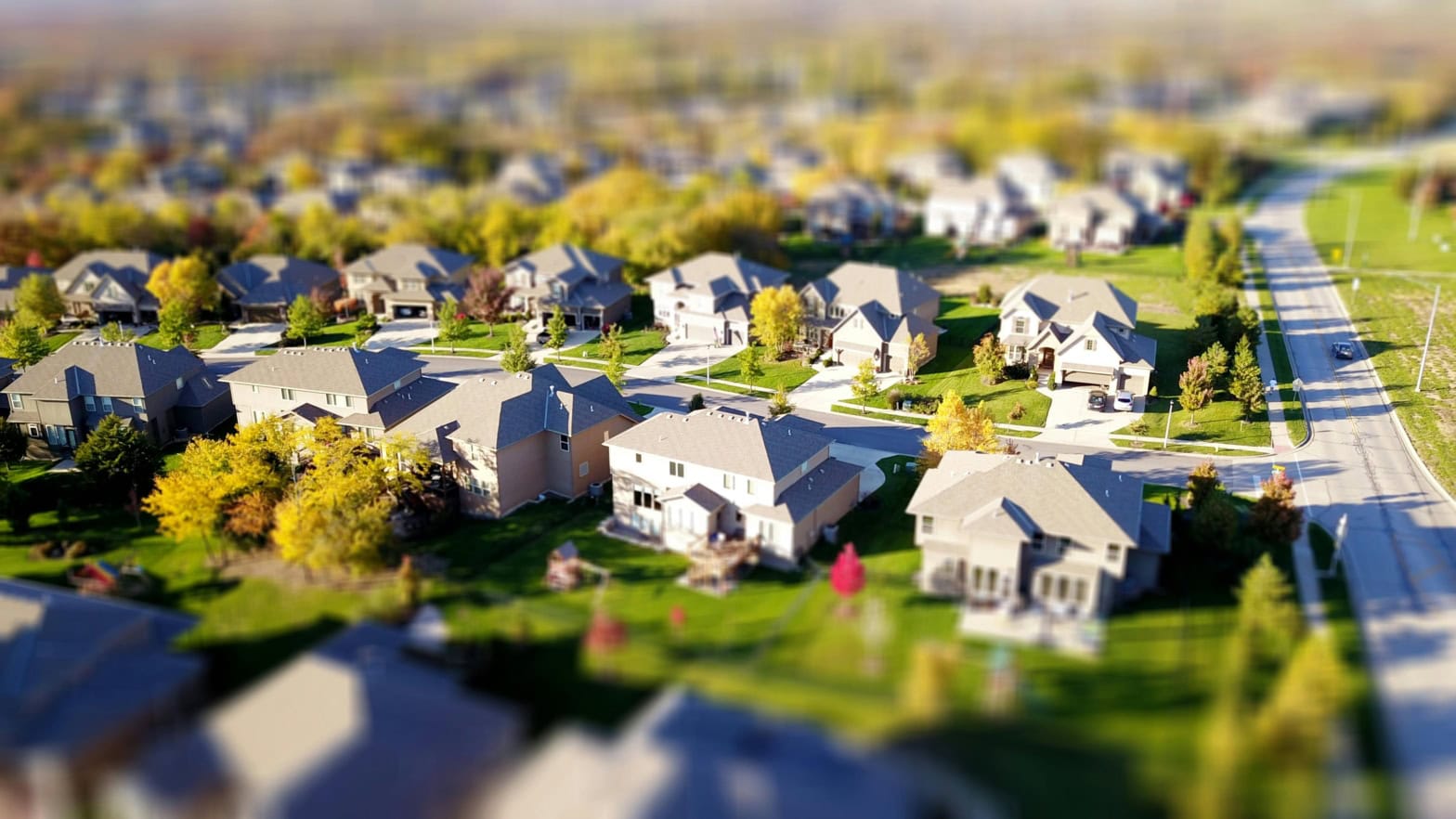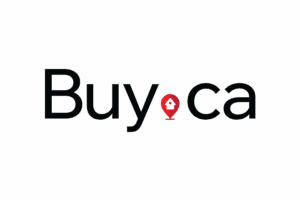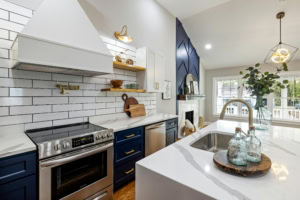If you’re just entering the world of personal finance and investing, the amount of options you’re presented with can be daunting. TFSAs, RRSPs, savings rates, GICs and countless other terms and concepts to learn can make your head spin. The first thing to decide in your financial plan is going to be what your goals are. So with that being said, what should your goal be? Early retirement, homeownership, or… both?
Let’s look at how getting a head start on your financial planning can set you up for success.
How to save for your down payment and retirement at the same time.
Luckily, choosing between homeownership and retirement doesn’t need to be a choice at all. Your net worth doesn’t have to be neatly sorted into specific categories, and saving in general will help you be able to afford both homeownership and retirement, allowing you to make the choice as options become available to you. The important thing is that you do save, and save early. While a full crash course on how to invest is out of the scope of this article, following a simple passive index investing strategy will give you access to the power of compound interest using time to multiply your savings beyond what you could hope to achieve through your income alone.
Where to invest
Saving for homeownership and saving for retirement are often bundled together with accounts like the RRSP and First Home Savings Account. Whether your goal is to retire early or to save up for a down payment , investing into your RRSP, TFSA, and now the FHSA, are the cornerstones of your financial plan.
Recommended reading: Everything you need to know about the FHSA
The Home Buyers’ Plan allows first-time home buyers to withdraw $35,000 tax free from your RRSP, allowing you to pay it back over the next 15 years. The newly introduced FHSA allows you to contribute up to $40,000 in tax deductible savings that can be invested and then withdrawn tax free to purchase your first home. If you decide in a few years that home ownership is right for you, you’ll be glad you contributed to your FHSA and RRSP. On the other hand if it turns out you’d rather rent and retire as early as possible, your RRSP will still help you out, and your FHSA can be rolled over into it with no penalties. It’s always a good idea to contribute to your TFSA, making use of the tax free gains to help you reach your financial goals.
Renting versus buying
When it comes to financial planning, the decision to rent or buy is a hot topic, and we’ve made our own rent vs buy calculator to help you crunch the numbers. It’s true that on paper renting might seem like the better option, but what a simple calculation like this misses out is all the non-quantitative reasons that make many people want to own a home in the first place. Owning your own home and not having to deal with bad landlords, renovation permissions, and most importantly the peace of mind that comes with having a paid off home and not worrying about rent outpacing your retirement savings, is hard to put a price on. If renting permanently seems like your cup of tea, then there’s nothing wrong with that either, but for those with homeownership on their bucket list, there are ways to make it work.
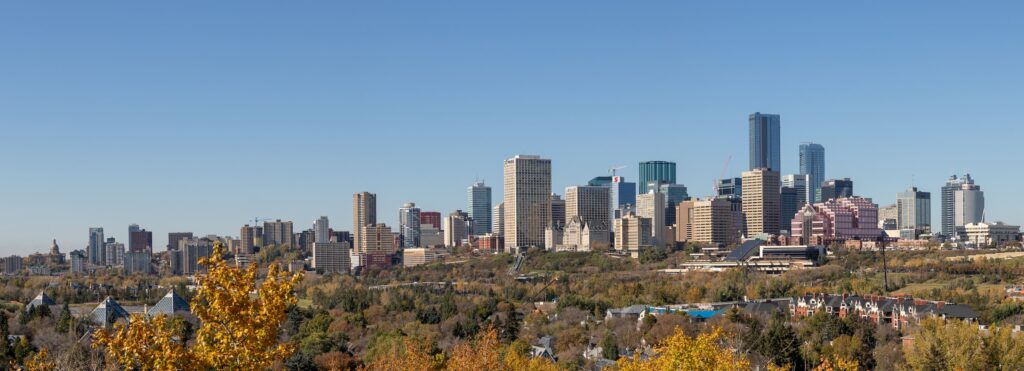
How homeownership can help you retire early
There are a few reasons why owning may leave you better off than renting in the long term. While renting is often cheaper in the short term, the longer you live, the higher the chance of owning is the better option. Over time, property values tend to appreciate leaving you with a sort of forced savings account in your home. If you’re someone who doesn’t tend to invest your money then buying a home rather than renting is often the way to go. When your mortgage is fully paid off, you’ll likely be left paying less in housing costs than renters, and have access to the equity of your property to help you plan for retirement. Many Canadians find themselves with their home as their largest asset, which gives them options, from taking out a HELOC to invest, to downsizing and saving the difference.
Another reason buying a home early can be a good financial move, is a mortgage is one of the cheapest and easiest ways to access leverage. If you have a solid investment plan, your mortgage allows you to keep your funds invested, while borrowing capital to purchase your property, which will also likely appreciate in value.
Recommended reading: Here’s how getting a mortgage could help you retire early.
 Alex
Alex